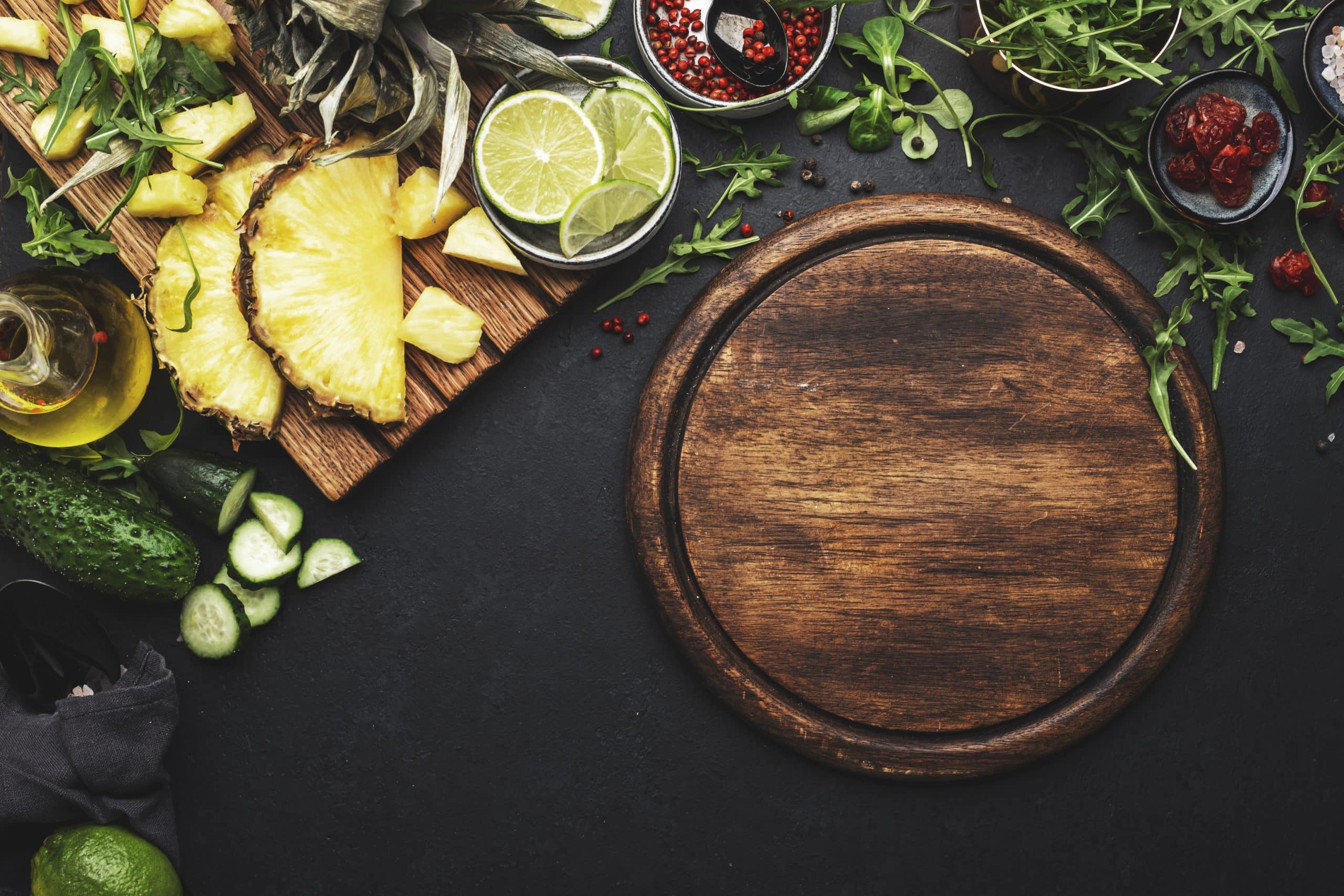Adopting a plant-based diet is gaining popularity among athletes of all ages, including teenagers. These diets, such as the vegan or vegetarian diet, eliminate animal products and focus on plant foods. Vegan athletes particularly choose this lifestyle for various reasons, including ethics, health, and environmental sustainability. However, teenagers who are growing and participating in sports require significant nutrition for optimal health and performance. Therefore, as a coach, parent, or supporter of these young athletes, you must understand the nutritional considerations necessary for their success. This article will explore the key nutritional considerations for teenage vegan athletes.
Understanding a Vegan Diet
Fundamentally, a vegan diet does away with all animal products, including meat, dairy, and eggs. Instead, it emphasizes plant-based foods such as fruits, vegetables, legumes, grains, seeds, and nuts. It is worth noting that well-planned vegan diets can meet your nutritional requirements. However, certain nutrients require more attention due to their scarcity or absence in plant-based foods.
A découvrir également : How Can Augmented Reality Games Encourage Physical Activity in Teenagers?
It’s essential to remember that the nutritional needs of growing teens are higher than those of adults. This requirement is even more pressing for teenage athletes who need more calories and nutrients to support their growth, activity, and athletic performance.
Protein Considerations
Protein is essential for growth, repair, and maintenance of body tissues, including muscles. It also plays a crucial role in the production of enzymes and hormones. Therefore, it’s a critical nutrient for teenage athletes who are still growing and engaging in rigorous physical activity.
A lire également : Which Microbiome Testing Kits Are Most Accurate for Gut Health Analysis?
While it’s a common misconception that vegans and vegetarians struggle to get enough protein, in fact, a well-planned vegan diet can provide all the necessary protein. There are plenty of plant-based protein sources such as lentils, chickpeas, tofu, tempeh, quinoa, and hemp seeds.
However, unlike animal-based proteins, plant proteins are often incomplete, meaning they lack one or more essential amino acids. Hence, it’s important to consume a variety of plant-based proteins to ensure a complete amino acid profile.
Vitamin and Mineral Requirements
Certain vitamins and minerals are more challenging to obtain on a vegan diet. These include Vitamin B12, Vitamin D, iron, calcium, zinc, and omega-3 fatty acids. Each of these nutrients plays a pivotal role in an athlete’s health and performance.
Vitamin B12, vital for brain function and blood formation, is predominantly found in animal products. While some plant foods are fortified with B12, it’s often recommended that vegans take a B12 supplement.
Iron is essential for oxygen transportation in the body. Plant-based iron sources include legumes, whole grains, nuts, and seeds. However, iron from plant sources is less bioavailable than from animal sources. Consuming vitamin C-rich foods or drinks alongside iron sources can enhance absorption.
Calcium, necessary for bone health, can be found in fortified plant-based milk, tofu, and leafy greens. Zinc, vital for the immune system and metabolism, is present in legumes, nuts, and seeds.
Omega-3 fatty acids are important for heart, brain, and joint health. Vegan sources of omega-3 include flaxseeds, chia seeds, and algae supplements.
Energy Requirements
Teenage athletes require more energy than their non-athletic peers due to their higher activity level and the body’s growth demands. Therefore, it’s crucial to ensure they consume enough calories to fuel their performance and growth.
Vegan diets are often lower in calories due to the high fiber content of plant foods. Therefore, teenage vegan athletes should focus on consuming energy-dense plant foods such as avocados, nuts, seeds, and whole grains. Regularly scheduled meals and snacks can also help meet their calorie needs.
Hydration and Electrolyte Balance
Finally, proper hydration and electrolyte balance are crucial for maintaining athletic performance. Dehydration can lead to fatigue, decreased coordination, and impaired mental function. Electrolytes, such as sodium and potassium, help regulate fluid balance and nerve function.
Teenage vegan athletes should aim to drink enough water throughout the day and during training. Consuming hydrating foods like fruits and vegetables can also contribute to their daily water intake. Electrolyte requirements can be met through a balanced diet and the use of sports drinks, if necessary.
In conclusion, a vegan diet can certainly support the health and performance goals of teenage athletes. However, it’s essential to plan their diet carefully and monitor their nutritional status to ensure they are meeting their requirements. As always, it’s recommended to consult with a registered dietitian or appropriate healthcare provider for personalized advice and guidance.
Developing a Well-Balanced Vegan Diet
Designing a well-balanced vegan diet for a teenage athlete requires careful planning. The goal is to make sure they’re able to consume the necessary nutrients and calories to support their growth and athletic performance. According to an article on Google Scholar, it’s recommended to include a variety of plant-based foods in their diet to fulfill their nutritional needs.
First, a variety of protein sources are needed. This is because plant proteins are often incomplete – they lack one or more essential amino acids. By combining different plant proteins, like legumes, grains, seeds, and nuts, you can ensure a complete amino acid profile. A study published on PubMed also suggested incorporating foods rich in leucine – an essential amino acid important for muscle recovery and growth – such as soy, lentils, and peas.
Next, include plenty of energy-dense foods to meet their higher calorie needs. Avocados, nuts, seeds, and whole grains are examples of foods that are high in calories and nutritious. Regularly scheduled meals and snacks can help meet their energy requirements and maintain blood sugar levels, essential for exercise performance.
Given the challenge with certain vitamins and minerals in a vegan diet, it’s crucial to include foods fortified with these nutrients. For instance, orange juice fortified with calcium or cereal fortified with B12. Supplements may also be necessary in some cases.
Finally, a well-balanced vegan diet also includes plenty of hydrating foods and those rich in electrolytes. Fruits and vegetables are excellent for hydration, while legumes, nuts, and seeds provide important electrolytes like sodium and potassium.
The Role of Supplements in a Vegan Athlete’s Diet
The use of supplements can be an effective way to ensure teenage vegan athletes meet their nutritional needs. According to sports nutrition research, certain nutrients are harder to get from a vegan diet, notably vitamin B12, iron, zinc, calcium, and omega-3 fatty acids.
As discussed earlier, Vitamin B12 is primarily found in animal products. Therefore, B12 supplementation is often recommended for vegan athletes. Iron supplements may also be necessary, given that plant-based sources of iron are less bioavailable. However, consuming iron supplements should be monitored closely as excessive intake can be harmful.
Calcium supplements can help meet the increased demand for this mineral, essential for bone health in growing teenagers. Zinc supplements can ensure the athlete’s immune system is functioning optimally, while Omega-3 fatty acid supplements can support heart, brain, and joint health.
However, it’s important to note that supplements should not replace a balanced diet but rather complement it. Also, any supplementation should be carried out under the guidance of a healthcare professional or a registered dietitian to ensure safety and effectiveness.
Conclusion
Adopting a vegan diet as a teenage athlete is possible and can support health and athletic performance. However, it requires careful planning to ensure they meet their higher nutritional needs. A well-balanced vegan diet, coupled with appropriate supplementation under professional guidance, can yield optimal results. Research findings from Google Scholar and PubMed articles validate the effectiveness of such diets in meeting sports nutrition requirements.
In the end, it’s all about finding the right balance – combining a variety of plant-based foods, ensuring a sufficient intake of energy-rich foods, and incorporating necessary supplements. With the right strategy and support, teenage vegan athletes can indeed thrive and excel in their sports.











